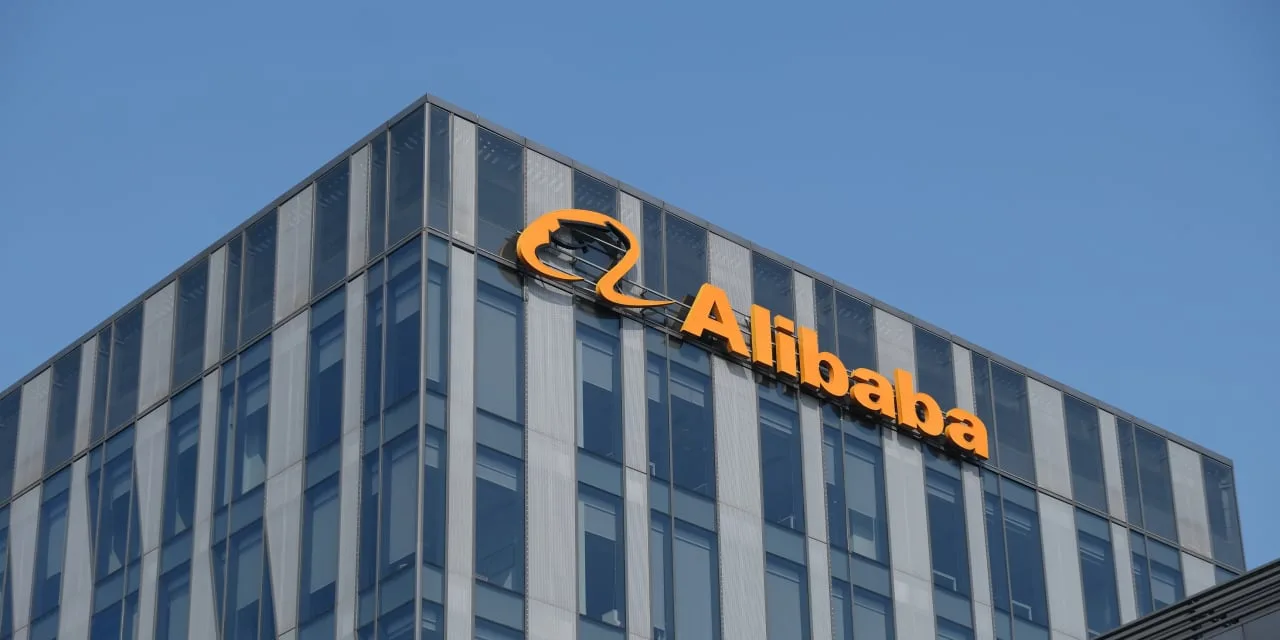
Alibaba Group Holding, China’s preeminent e-commerce conglomerate, encountered a significant 86% drop in profit for the fourth quarter, primarily due to the revaluation of equity investments. This stark decline occurred even though the company surpassed revenue expectations, a development that nonetheless led to a nearly 6% fall in its US-listed shares during early trading hours.
In addition to announcing its financial results, Alibaba revealed plans to advance its secondary listing in Hong Kong to a primary status while maintaining its primary listing in New York. The company aims to complete this dual-primary listing by August, following its initial proposal in 2022.
This move comes amidst a period of substantial transformation for Alibaba, which announced its biggest organizational overhaul in its 25-year history in March 2023. The strategic realignment involved splitting the company into six distinct units, with a renewed emphasis on its core businesses such as domestic e-commerce.
The economic climate in China has been challenging, with consumers exhibiting cautious spending behavior in the wake of the Covid-19 pandemic, an ongoing economic slowdown, and a persistent property downturn. Despite these hurdles, Alibaba’s strategy to focus on low-cost goods resonated well with consumers, contributing to a 7% increase in overall revenue for the quarter ending March 31.
Nevertheless, group net income significantly dipped to 3.27 billion yuan ($452 million) from 23.52 billion yuan the previous year. This stark contrast underscored the financial challenges Alibaba faced despite achieving revenue growth.
Joe Tsai, Alibaba’s Chairman, expressed a cautious optimism in a post-earnings call with analysts, noting early signs of growing consumer confidence. “We have seen green shoots in some discretionary items like apparel and electronics,” Tsai commented. He highlighted the inherent spending capacity of Chinese consumers, which he believes is closely tied to their confidence about the future.
Alibaba’s domestic commerce segment, which includes Taobao and Tmall, reported a 4% year-on-year increase in revenue, with order volumes rising significantly. Despite fierce competition and challenging market conditions, these platforms showed resilience, particularly in gross merchandise volume (GMV) and order growth.
Overall, Alibaba reported a quarterly revenue of 221.87 billion yuan, surpassing the consensus estimate of 219.66 billion yuan according to LSEG data. The international digital commerce arm of Alibaba also posted impressive figures, with a 45% growth compared to the expected 39%. However, this segment also saw its losses nearly double to 4.1 billion yuan ($567 million) from 2.2 billion a year ago, as it continued to invest heavily to stay competitive on pricing and improve delivery times.
As Alibaba navigates through these transformative times, the focus remains on adapting its business strategies to meet the evolving demands of both domestic and international markets, while managing the financial intricacies that come with such expansive operational changes.







